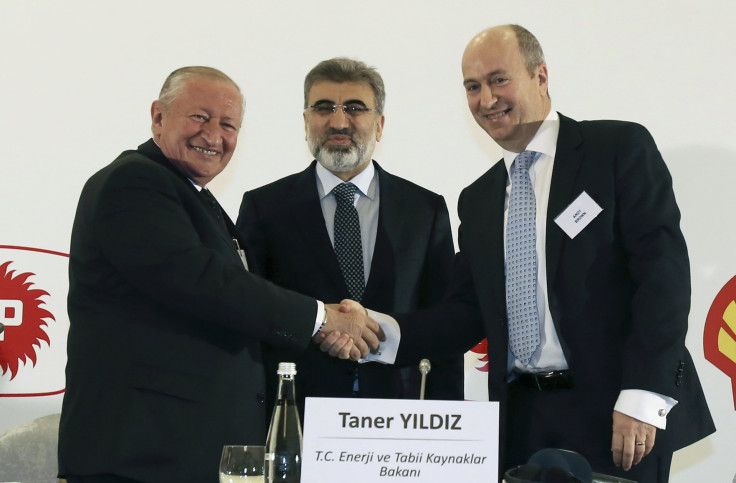Plenty Of Shale Gas In Turkey: US Gas Boom Could Help Turkey Meet Energy Needs By Using New Methods Of Fracking And Drilling Horizontally

Turkey is looking west to North America for help in extracting large shale gas reserves in southeastern Anatolia using hydraulic fracturing, the technology that has spawned an oil and gas boom in the U.S. but is heavily criticized by environmentalists for allegedly contaminating groundwater.
Specifically, Turkey is looking to expand the use of horizontal drilling, which the so-called fracking technology allows, to exploit the estimated 163 trillion cubic feet of reserves that have been detected in the country.
“Shale gas is really something both for us and for the world. The TPAO [Turkish Petroleum Corporation, Turkey’s state-run energy company] and Turkish private sector will make more investment in shale in the near future by collaborating with foreign companies,” Taner Yıldız, the Turkish energy minister said.
For the past four years, TPAO has been working to extract oil and gas from old wells by using fracking techniques, and the Turkish Ministry of Energy has twice sent delegations to the U.S. and Canada to discuss more collaboration.
The entire Eastern Mediterranean Sea has recently captured the imagination of several countries in the region as the area called the Levant Basin holds great potential for gas exploration. Cyprus and Israel have already entered agreements to develop huge gas fields there.
The area is a stretch of sea that extends from the coasts of Israel, Lebanon and Syria and is estimated to contain 122 trillion cubic feet of gas. To put that in perspective, 1 trillion cubic feet of natural gas is enough to meet the needs of 5 million households for 15 years, according to the American Gas Association.
Not wanting to miss an important regional opportunity, Turkey has been trying to assert itself in the area, claiming that the Turkish Republic of Northern Cyprus has full rights to the natural resource, so Turkey would, too, by extension.
© Copyright IBTimes 2024. All rights reserved.




















